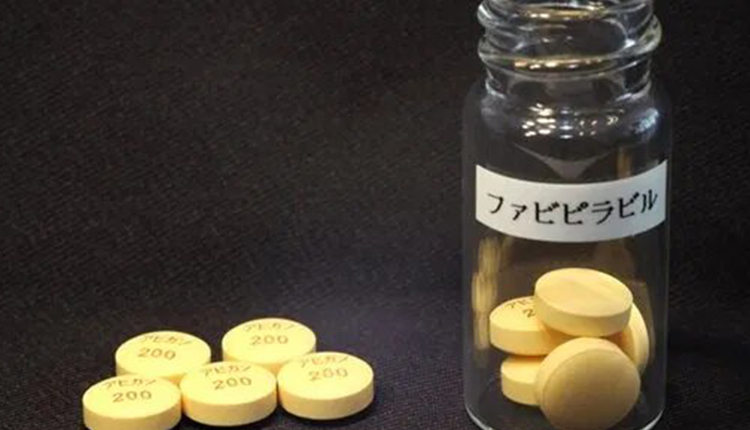Japanese firm, Fujifilm announced on Wednesday that it is accelerating the production of its antiviral drug Avigan, which is touted as showing promising results in treating patients with coronavirus.
The company said it has expanded its manufacturing capacity at its subsidiary, Fujifilm Toyama Chemical Co., Ltd. to significantly increase production of its Avigan tablet.
The drug, which is also known as favipiravir, has emerged as a potential drug to treat patients infected with the coronavirus in Japan and China. Italy has decided to approve the use of the drug. Kenya, and Egypt have ordered Avigan to treat local patients, while in the U.S., clinical trials are being conducted.
According to clinical trials in Japan and China, the drug has been effective as it works by preventing the virus from copying its genetic material. It was developed in 2014 in times of searching for drugs to treat a common flu and has strong inhibitory activity on RNA-polymerase RNA, which is dependent on most viruses with RNA genomes.
Among them, influenza viruses have been shown to be sensitive to Avigan, including strains with genetic resistance to neuraminidase inhibitors, according to the Japanese and Chinese trials’ findings.
Avigan “selectively inhibits RNA (ribonucleic acid) polymerase necessary for influenza virus replication,” Fujifilm explained in a previous statement.
“Due to this mechanism of action, it is expected that Avigan may potentially have an antiviral effect on the new coronavirus, because like influenza viruses, coronaviruses are single-stranded RNA viruses that also depend on viral RNA polymerase,”
To further boost the supply of Avigan, Fujifilm said it “is allocating additional capacity at its Fujifilm Wako Pure Chemical Co., Ltd. facility in Japan, for production of pharmaceutical intermediates used to manufacture Avigan.”
In addition, the company said it has established strategic partnerships with domestic and overseas companies for various manufacturing processes to source raw materials and pharmaceutical substances.
Fujifilm expects to progressively increase the monthly production of Avigan up to 100,000 treatment courses by July, approximately 2.5 times more compared to the beginning of March, when the company first began its current production run.
A treatment course is the amount of Avigan Tablet described by the Japanese Association for Infectious Diseases in its guidance for a regimen of favipiravir to treat coronavirus.
“This 14-day treatment regimen includes two loading doses of 1800 mg each on Day 1, followed by two maintenance doses of 1000 mg each on Days 2 through 14.” the company explained.
Fujifilm also plans to further accelerate production up to 300,000 treatment courses by September.
“The Japanese government plans to stockpile two million treatment courses of Avigan, as part of the Japanese government’s emergency economic package announced on April 7. Fujifilm continues to respond to requests from the Japanese government, and will also engage with other countries after consultation with Japanese government.”
For the purpose of determining Avigan’s safety and efficacy to treat coronavirus, Fujifilm said the drug as an investigational product is being administered in clinical studies to patients with coronavirus.
Avigan Tablet was approved for manufacture and sale in Japan in 2014 as an influenza antiviral drug for novel or re-emerging influenza virus infections. Japanese government has a certain stock pile of the drug as a countermeasure against such influenza viruses. Avigan is not approved for distribution in the U.S. or any overseas countries.
Expectant mothers or women who might become or are willing to get pregnant shall not take the drug due to the risk of birth defects, according to Japanese studies.
